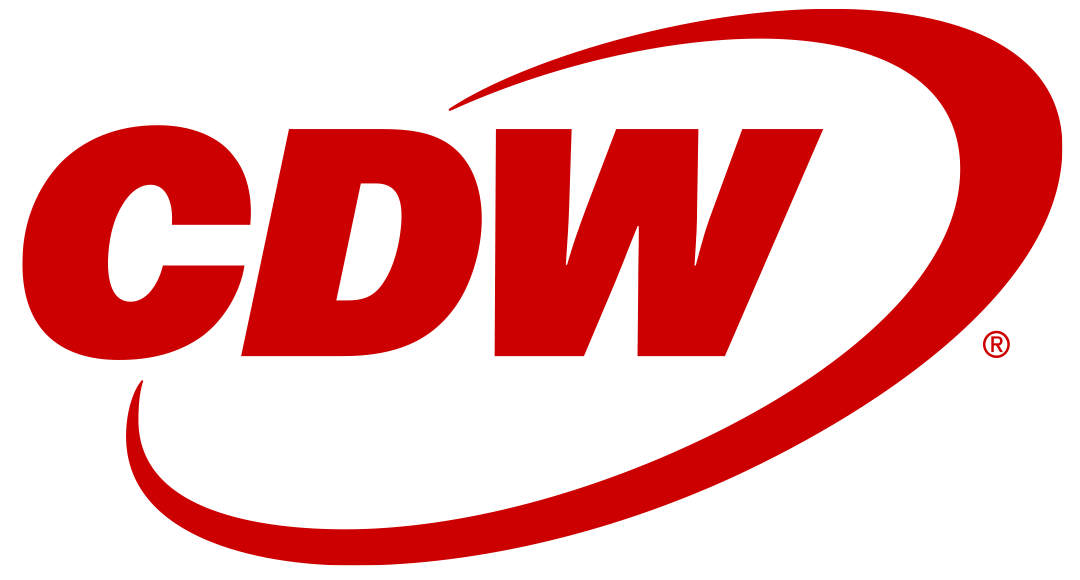How often have you heard the phrase “speed to market”? This mantra is becoming commonplace as companies facing increased competitive pressure adopt a more agile and speedy approach to drive growth.

Speed to market is increasingly important because, if you don’t focus on it, your competitors can reach your potential (or existing) customers first and dominate the market. Increased competition makes it more and more hard to compete in any sector.
A huge factor in business responsiveness, flexibility and speed is IT infrastructure. How fast is your team able to deliver a prototype, reinvent a process, test a new app or turn customer data into innovation-delivering insights?
From an IT perspective, when it comes to speed in the data centre, we all know where the greatest bottleneck is, and always has been—storage.
Much of the smooth running of your organisation depends on those shiny, spinning platters that are susceptible to dust, moisture, heat, vibration, and wear-and-tear. And, while computing power continues to increase, the workhorse of the system can no longer keep up with the demands of big data and AI. Even the CPU has now been side-lined by AI development in favour of the GPU, which is far more capable of processing large datasets.
It’s not surprising that developers like HPE have explored the capabilities of solid-state drives, or SSDs. As manufacturing costs have come down, SSD, or all-flash memory, has become the technology to embrace. But we don’t stop there. We know that the demands of enterprises are only going to increase, so we have also developed software that makes data delivery even faster. For this HPE turned to Artificial Intelligence. Built-in AI learns from its users, and HPE’s smart drives can be configured to take actions, like pre-emptive caching. For VDI users, this translates to a smoother, more efficient experience.
On a more macro level, HPE InfoSight takes billions of data points from more than 100,000 systems worldwide and uses that intelligence to make every system smarter and more self-sufficient.
As a result, HPE InfoSight predicts and automatically resolves 86% of customer issues that would have occupied IT staff. Combined with an intelligent storage solution like HPE Nimble, we can be guaranteed of 99.9999% uptime. Even three simultaneous drive failures will not bring the system down.
HPE has also developed breakthrough technologies to help maximise storage with inline deduplication and compression, to maximise your all-flash or hybrid-flash investment.
The ideal VDI solution is not just about the number of users you need to support, but also the types of users and the workloads they run. Desktop virtualisation users can be classified into three user types:
One: Task workers
- Client-server and browser-based workloads
- High-capacity mixed workloads
- Specialised functions for office and task knowledge workers
Two: Knowledge workers
- Specialised functions such as office automation, customer service, and task worker with client-server applications
- Collaborative groups, electronic health records (EHR), client-server and browser-based apps, and sales automation
- Enterprise-wide: Office automation with unified communications and browser apps, large-scale EHR, and back-office apps
Three: Power users
Graphics-intensive workloads: computer-aided design (CAD), engineering, design, software developers, media, and entertainment
HPE offers smart storage solutions for all these scenarios, in three basic configurations.
- Nimble Storage dHCI can be used to convert existing HPE ProLiant DL360/DL380 Gen9 and Gen10 Servers into VDI solutions. Organisations can start with a small, medium, or large configuration, and then scale compute or capacity flexibly onto HPE Nimble Storage dHCI.
- HPE SimpliVity is well-suited for organisations, particularly small and midsize, who want a simplified hyperconverged infrastructure (HCI) experience that starts small and scales in small increments. Unique capabilities include built-in data protection, guaranteed data efficiency, and virtual machine (VM)-centric management, while providing peak and predictable performance without compromise for remote users such as office, task, and knowledge workers.
- HPE Apollo can provide for the demands of the power user group. The HPE Apollo 2000 Gen10 system—with support for up to four NVIDIA® T4 GPUs—is a density-optimised, scalable solution that meets the demands of compressed design cycles and unlocks productivity faster.
Intelligent infrastructure will be the cornerstone of competitive business practice, in line with the trend to remote work. By streamlining your employees’ desktop environments through the appropriate application of VDI, you are allowing them to stay engaged and motivated. You are allowing support staff to respond to customer queries quickly and efficiently. And you are empowering sales staff to provide up-to-date information on your products and take advantage of windows of opportunity when they open, before any of your competitors do.
Apart from mobility, VDI provides other business benefits:
- Increased security. Your central IT management controls the software and data. Hosted VDI (or Desktop-as-a-Service) allows for security safeguards like OS patching and hardening, intrusion detection and prevention, firewalls and end-to-end data encryption.
- Increased flexibility. Your employees can bring their own devices to the office, take them on the road, or work from home, as required.
- Reduced office infrastructure. Fewer workstations, LAN cabling and thin client requirements result in a cost saving. Using cloud servers to host VDIs means that all you have to provide is an internet connection, and most devices will connect to Wi-Fi.
- Other cost reduction. More people working from home saves on power, floor space and other overheads.
- Less IT admin. The IT department is no longer required to manage OS, driver and software updates to different models of machines, or set up accounts and software on new users’ equipment. Instead, preconfigured VDIs are spun up automatically and assigned to users as required.
- Simplicity. For specialised workers, customised virtual desktops are simple to configure, with the requisite RAM and storage instantly available.
- Compliance. Local and industry legislation can be more easily managed and controlled for in a virtualised environment. This responsibility can also be outsourced as a service.
Clearly, many of these benefits are also the result of moving office-based employees to remote work environments. Either way, virtualisation is the technology that provides the means for a secure, productive workforce. And HPE is at the forefront of storage and server technology that enables the best user experience.
Oreste Majeli - HPE Business Development Manager at CDW
For any enquiries contact: info@uk.cdw.com | 020 7791 6000
